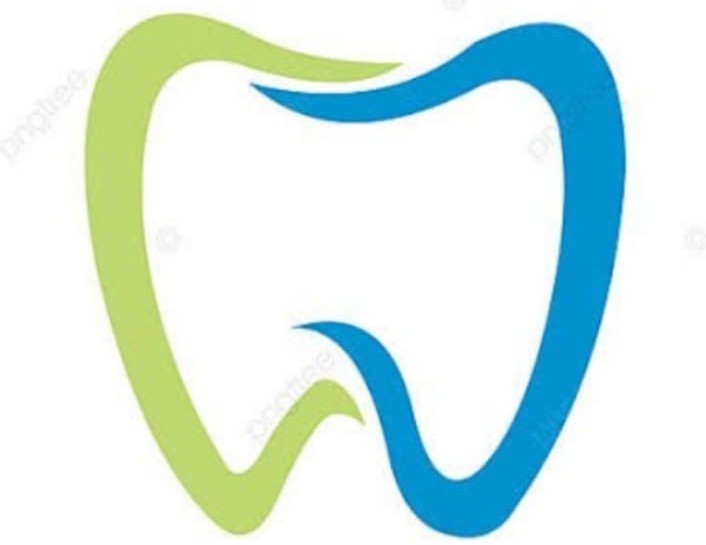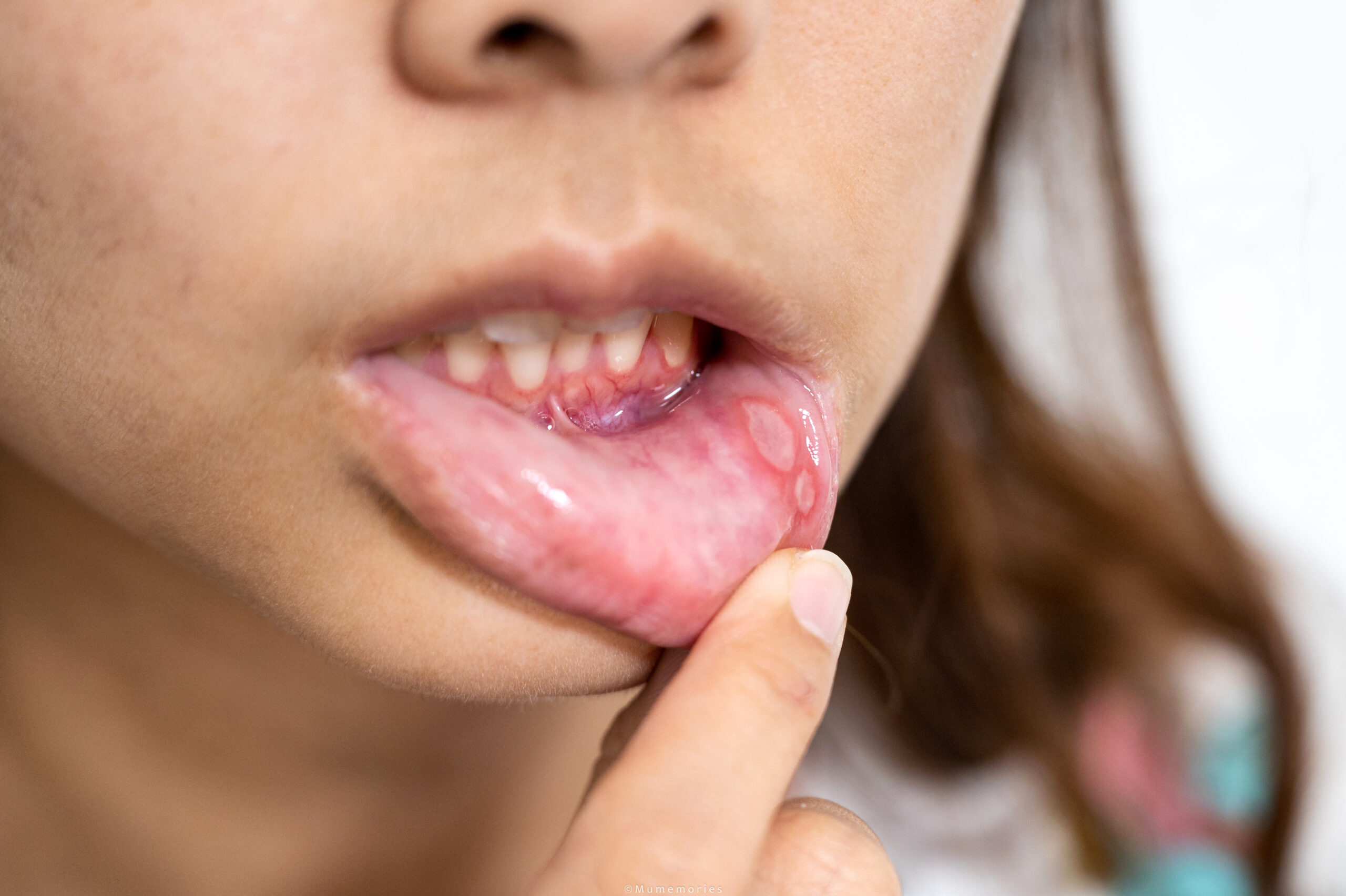Oral ulcers, also known as canker sores, are small, painful sores inside the mouth. These sores can make eating, drinking, and talking uncomfortable. Many people wonder about the causes of oral ulcers (canker sores) and how to prevent them. In this guide, you will learn about what causes mouth sores, who is at risk, and how to keep your mouth healthy.
What Are Oral Ulcers (Canker Sores)?
Oral ulcers, or canker sores, are open wounds that form inside the mouth. They often appear on the inner cheeks, lips, tongue, or gums. Usually, they look white or yellow with a red border. Although they are not contagious, they can be very painful. Most canker sores heal on their own within one to two weeks. However, some may last longer or keep coming back.
Common Causes of Oral Ulcers (Canker Sores)
Many things can lead to oral ulcers. Understanding these causes can help you avoid them. Here are some of the most common reasons:
Sometimes, toothpaste or mouthwash with sodium lauryl sulfate can also irritate the mouth and cause ulcers.
Risk Factors
Anyone can get oral ulcers, but some people are more likely to develop them. For example, teenagers and young adults often get canker sores more than older adults. Women may also have a higher risk due to hormonal changes. If you have a family history of mouth sores, you might get them more often. People with certain health conditions, like immune system problems, are also at higher risk.
When to See a Dentist
Most canker sores heal on their own. However, you should see a dentist if:
Early care can help rule out serious problems and speed up healing. According to the CDC, it is important to get checked if you have frequent or severe mouth sores.
Prevention Tips
While you cannot always prevent oral ulcers, you can lower your risk. Try these simple tips:
For more advice, the World Health Organization suggests regular dental check-ups and good oral hygiene.
Conclusion
Oral ulcers (canker sores) are common and usually not serious. However, they can be painful and bothersome. Knowing the causes of oral ulcers (canker sores) and following prevention tips can help you avoid them. If you have frequent or severe mouth sores, consult a dentist for personalized advice on managing oral ulcers (canker sores).

